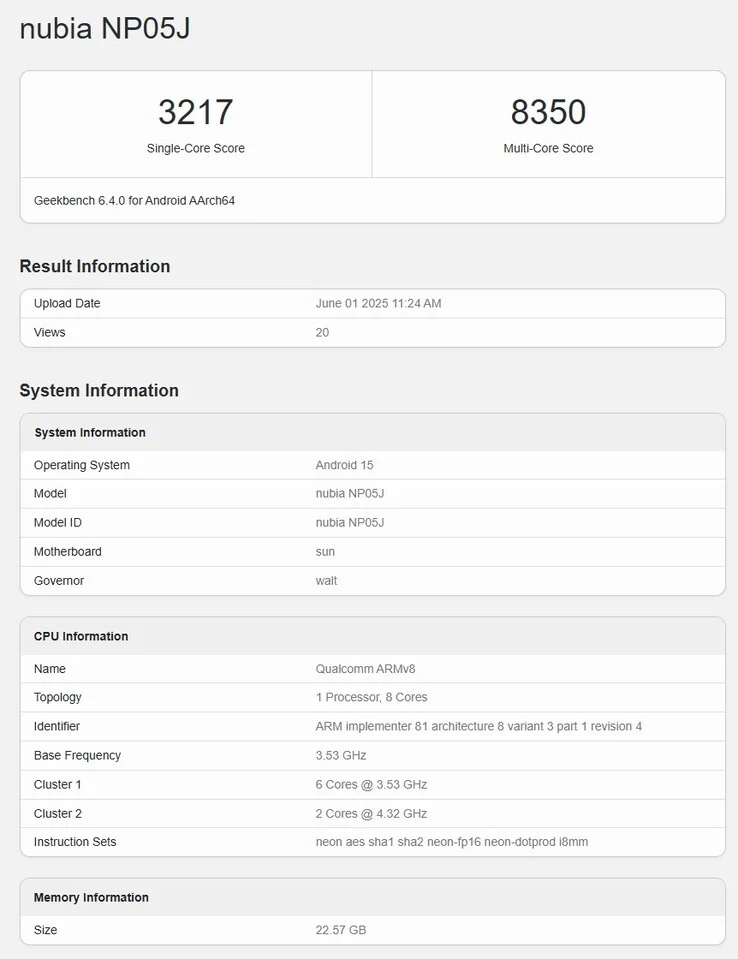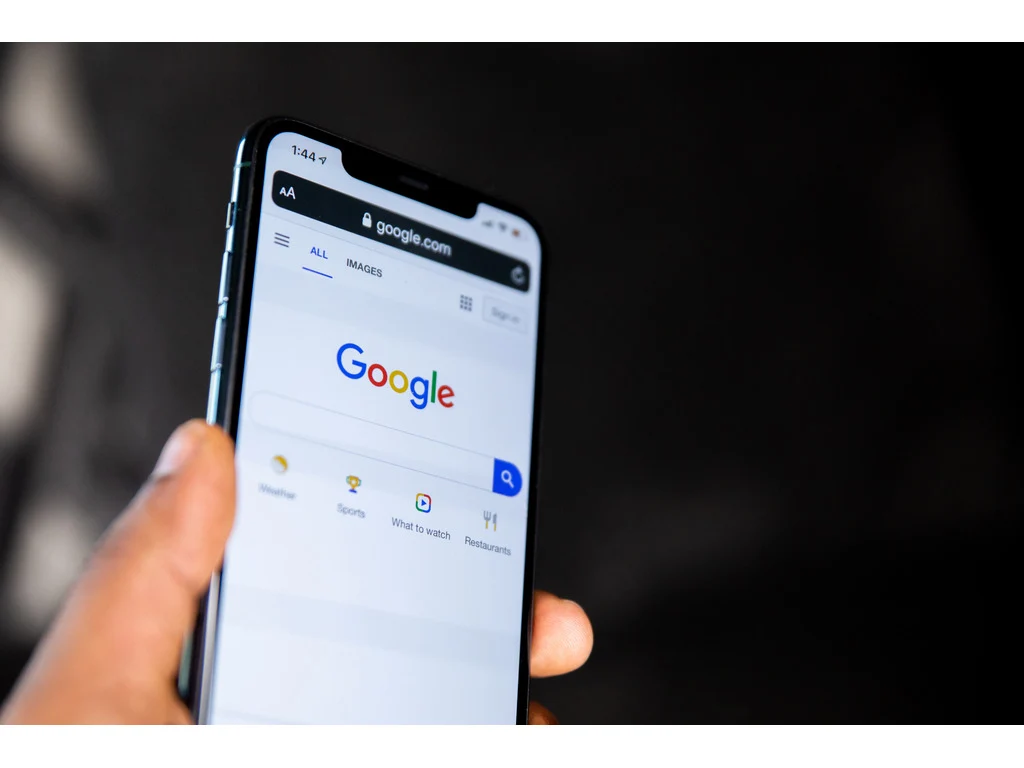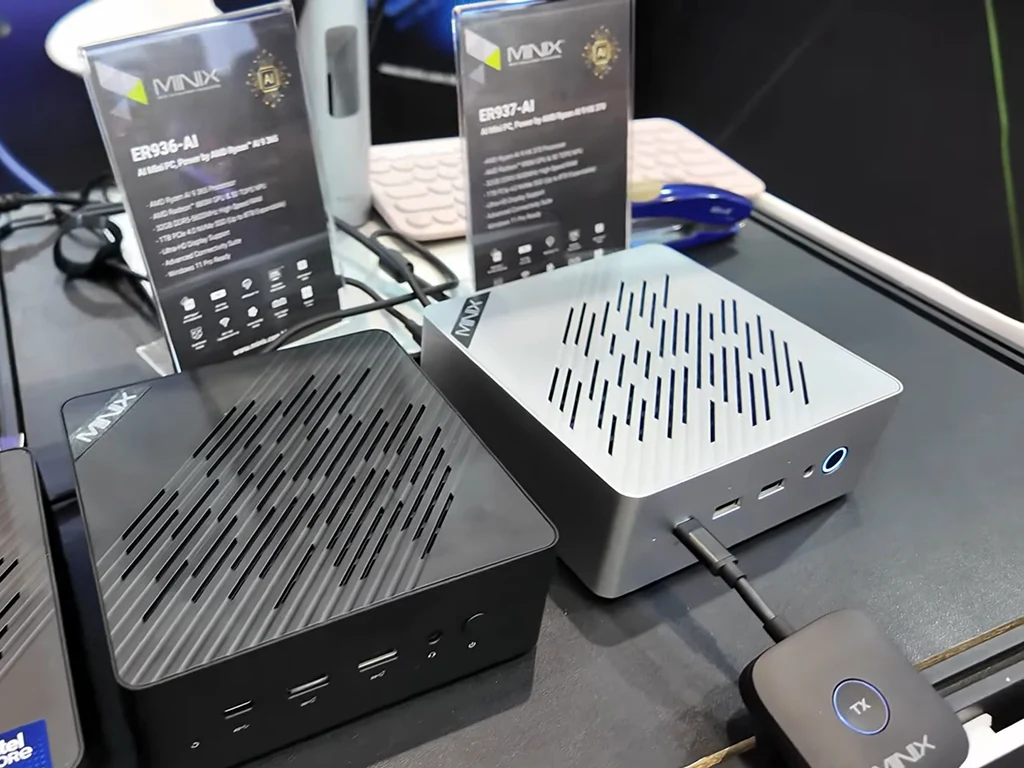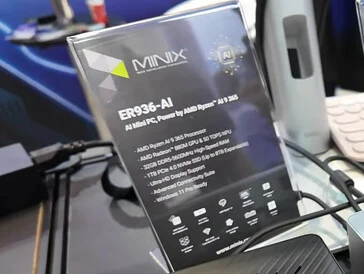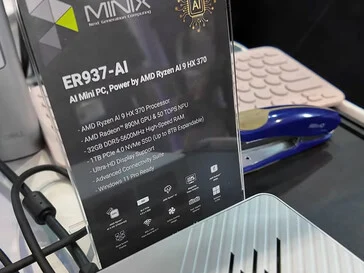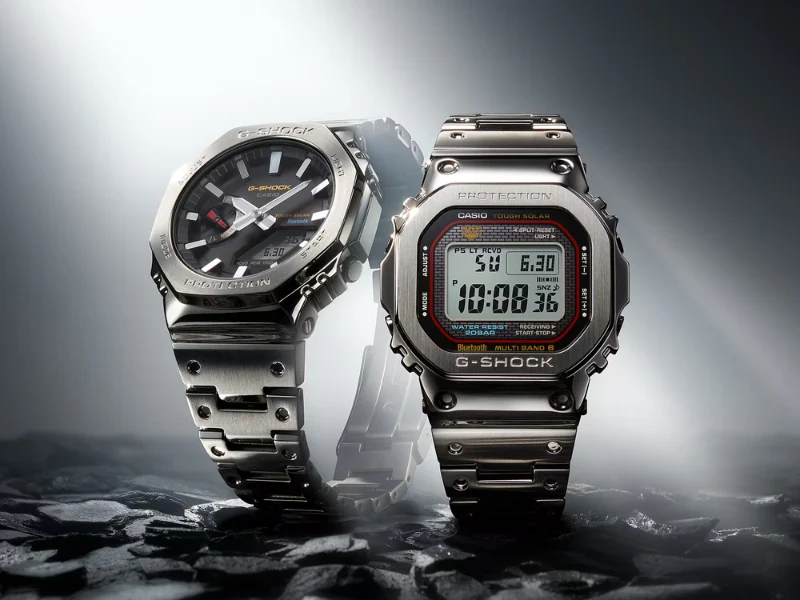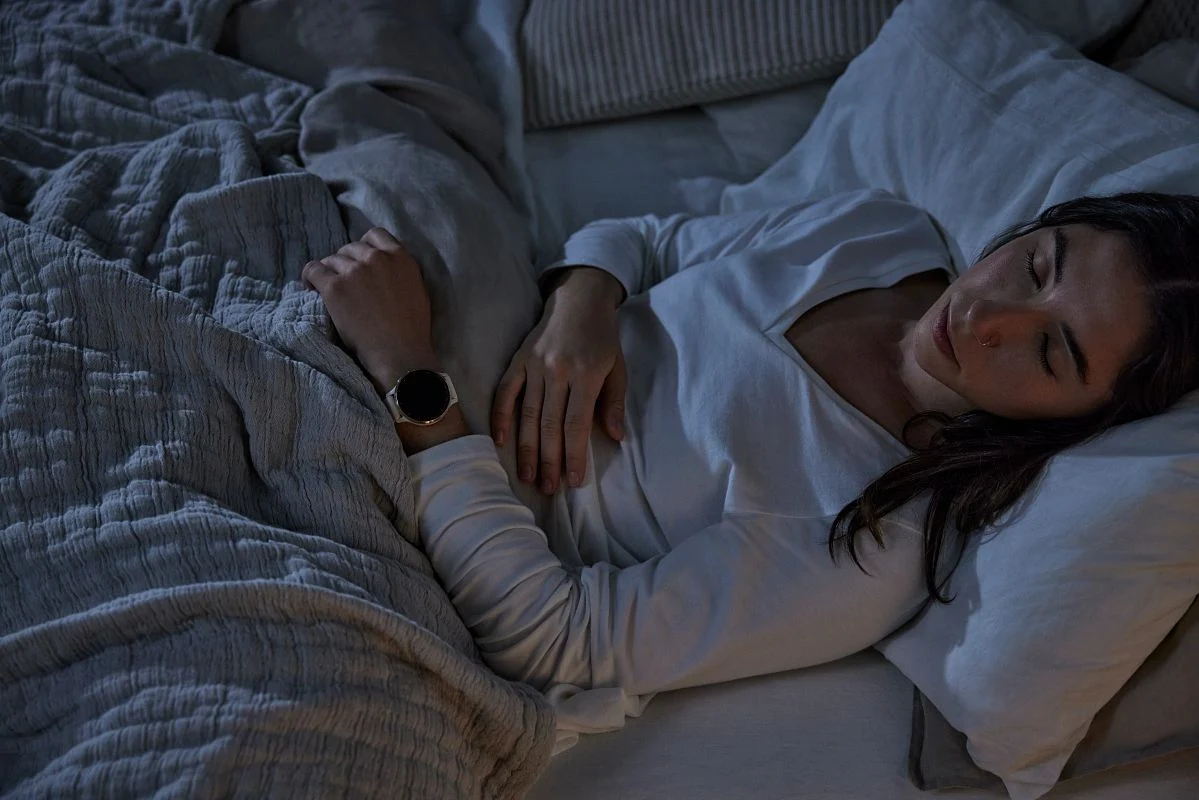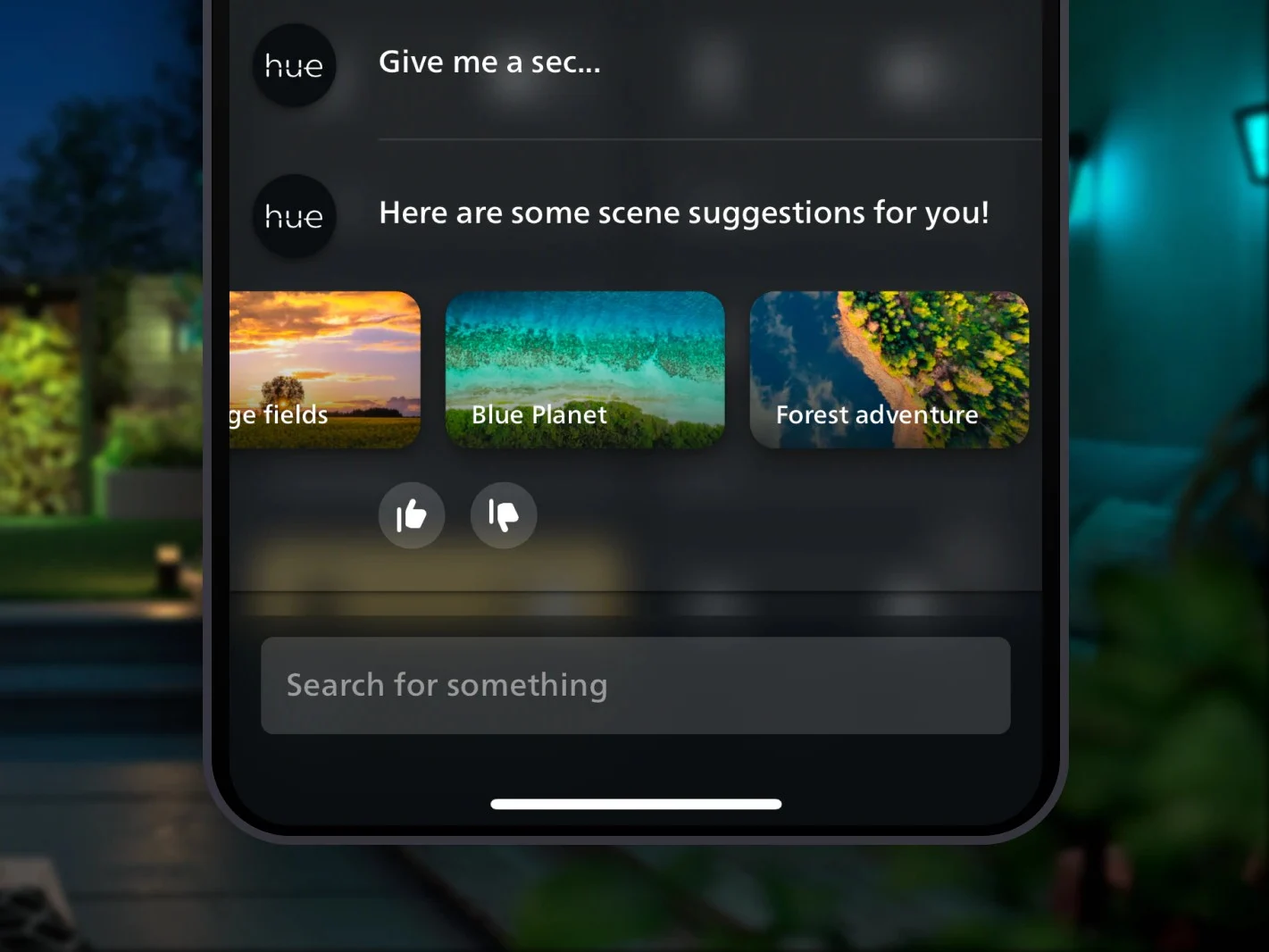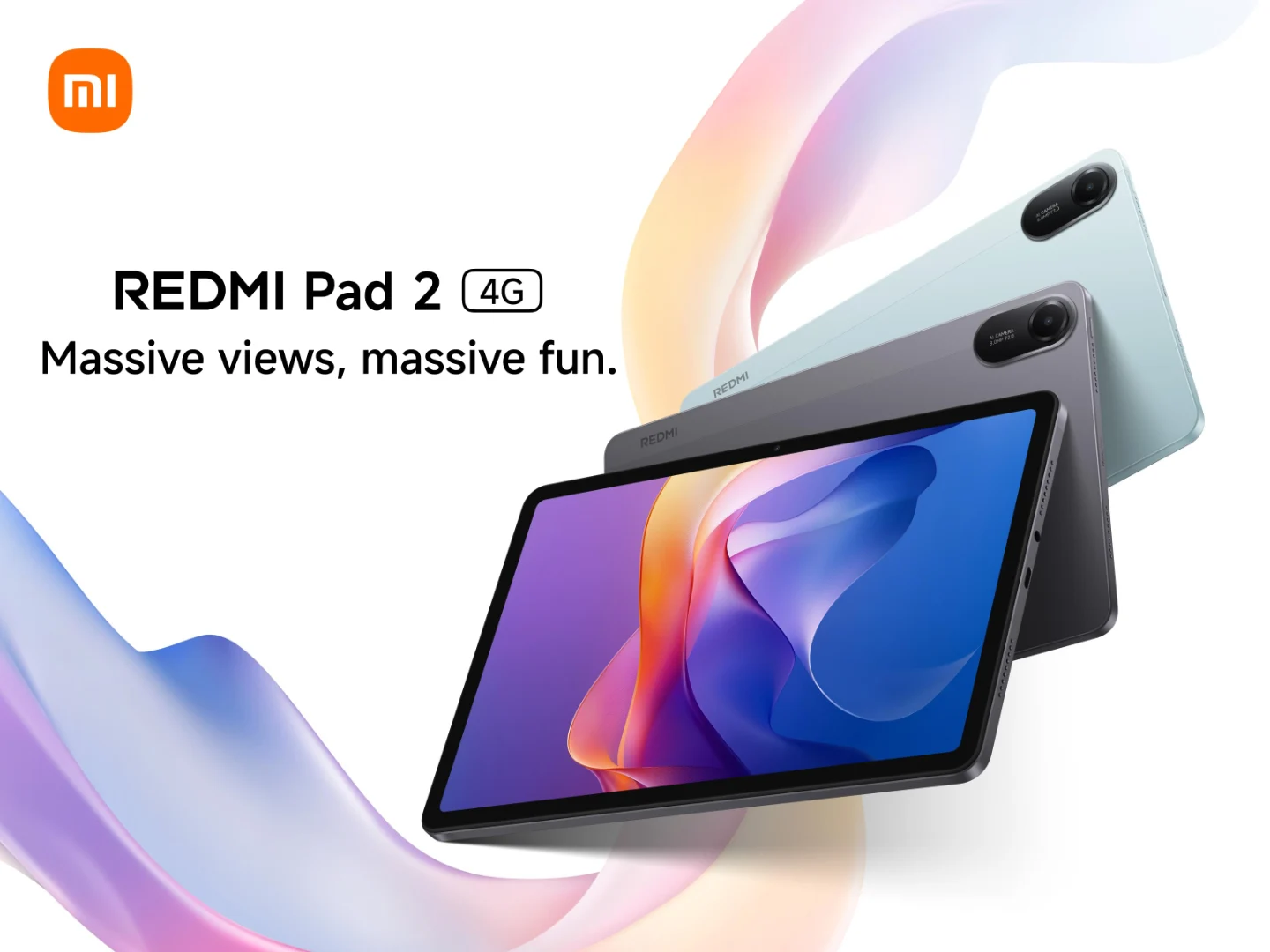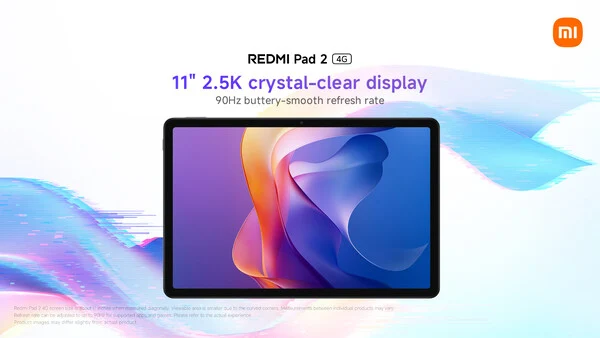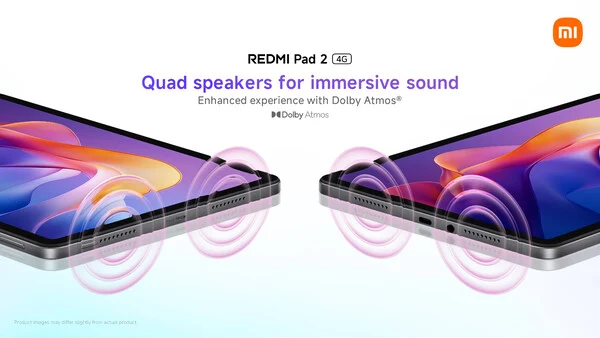Key Takeaways
1. The RedMagic Nova’s successor will be revealed on June 11, 2025, in China, competing with the Lenovo Legion Y700 tablet.
2. The new gaming tablet will have the model number NP05J and may offer a version with 24 GB of RAM.
3. It will feature an 8-core Snapdragon 8 Elite processor, though it’s unclear if it will be the Leading Version from the 10S Pro smartphone series.
4. Performance scores from Geekbench indicate a single-core score of 3,217 and a multi-core score of 8,350 for the Snapdragon 8 Elite.
5. The tablet is expected to have a 9-inch OLED display (2400×1504 pixels) and a robust 8,240 mAh battery with an active cooling system.
The RedMagic Nova is set to have a successor, and this upcoming gaming tablet will compete with the recently launched 4th-generation Lenovo Legion Y700 tablet. The company has announced that it will reveal the device on June 11, 2025, in China. Leading up to this event, the tablet has appeared on Geekbench.
Model Details and RAM
The listing indicates that the new gaming tablet will carry the model number NP05J, which aligns with the current RedMagic Nova’s model number, NP03J. It also suggests that there will be a version equipped with 24 GB of RAM, matching the highest configuration of its predecessor.
Processor Insights
As for the chip, the listing reveals that the forthcoming RedMagic gaming tablet will house an 8-core Snapdragon 8 Elite processor. However, it remains uncertain if it will be the Leading Version found in the newly released 10S Pro smartphone series.
Performance Metrics
Scoring appears to match the expected performance of the Snapdragon 8 Elite, with a single-core score of 3,217 and a multi-core score of 8,350. While the SoC could potentially achieve a higher multi-core score, it’s important to note that this is based on a Geekbench listing prior to the launch.
Additional Specifications
In terms of additional features, earlier reports have indicated that the new RedMagic tablet will come with a 9-inch OLED display boasting a resolution of 2400×1504 pixels. This display size will help it maintain a compact design, putting it in direct competition with the new Lenovo gaming tablet.
Battery and Cooling Features
Recent information also suggests that the new RedMagic gaming tablet will include a robust 8,240 mAh battery (like the 24K Anker 737 power bank priced at $87.99 on Amazon) along with an integrated active cooling system. The company is likely to tease some specifications before the official launch on June 11.
Source:
Link
